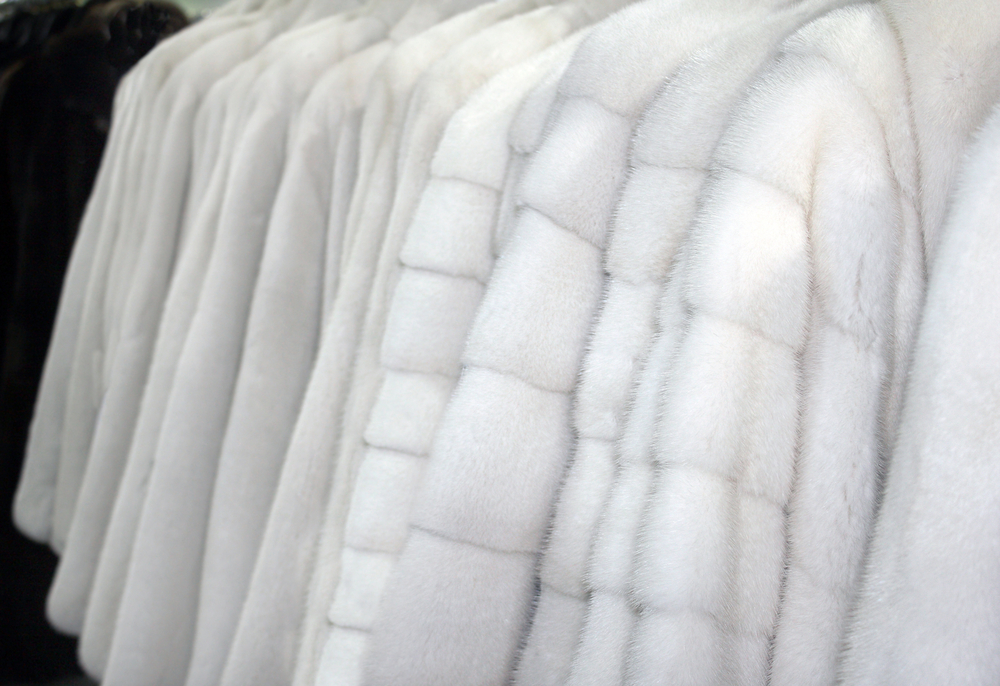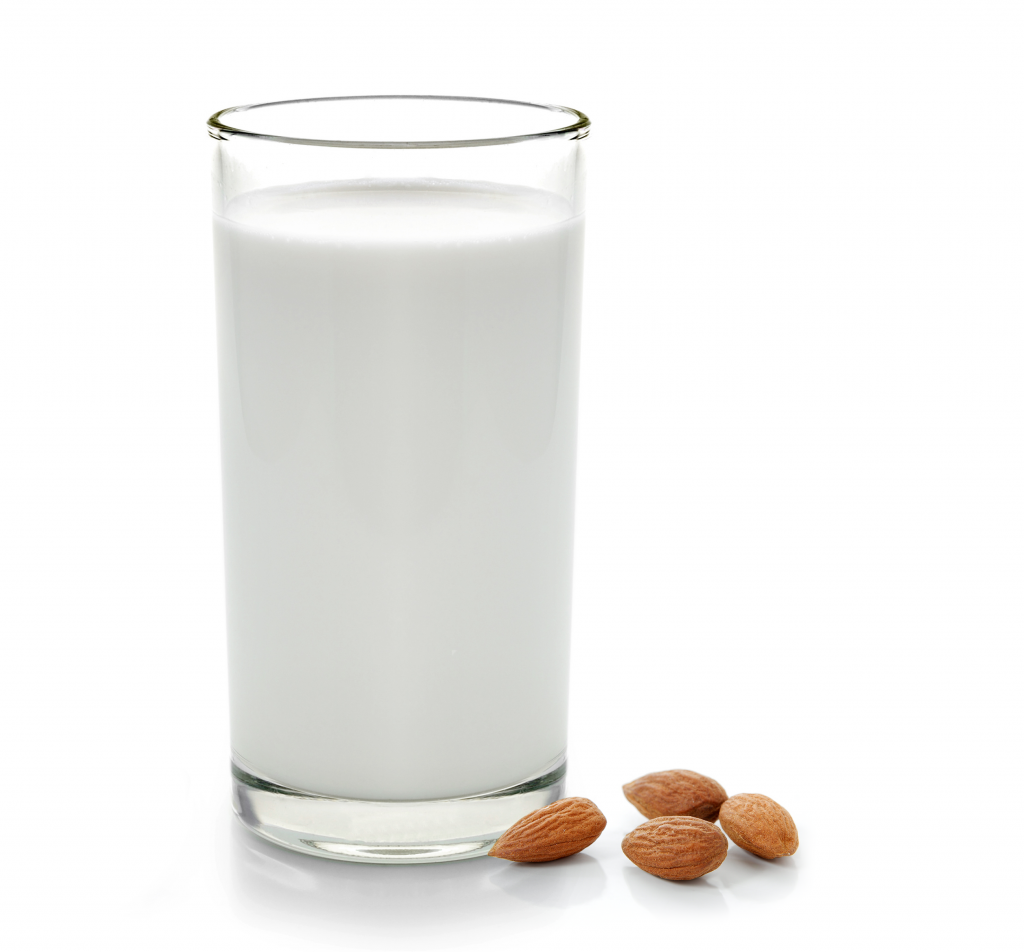Our study on lead in reusable grocery bags is a hot story in the national media right now. From ABC News:
Twenty-one reusable bags sold as alternatives to disposable plastic or paper bags had dangerous levels of lead, according to new test results provided to USA TODAY.
The non-woven-polypropylene bags, sold by chains including Safeway, Walgreen's and Bloom, all had lead content above 100 parts per million — the highest level that many states allow in consumer packaging. The tests were conducted by Frontier Global Sciences for the Center for Consumer Freedom (CCF), which plans to release the results Monday. The group tested 71 bags and inserts from 44 retailers and organizations.
Numerous TV stations have picked up the story too. Our favorite is this report from KCBS in San Francisco:
And in case you missed it, here's full the scoop on our study from yesterday's press release:
Today, the nonprofit Center for Consumer Freedom (CCF) released new lab results showing that a number of major retailers’ reusable shopping bags contained excessive levels of lead. Of the 44 organizations whose bags were tested, 16 are selling or distributing reusable bags containing lead in amounts greater than 100 ppm (parts per million), which is where many states set the limit for heavy metals in packaging.
National chains such as CVS, Safeway, Bloom, and Walgreens were among those with high levels of lead found in their reusable bags. CVS and Safeway led the pack with 697 and 672 ppm respectively; both were nearly seven times the 100 ppm limit. To date, CVS is the only store that tested above 100 ppm to have recalled their bags. Previously lululemon athletica, Sears-Canada, and Wegmans have all recalled bags due to high levels of lead.
Safeway and Bloom stores have pulled their reusable bags from the shelves.
We'd like to thank the numerous newspapers, radio stations, TV stations, and blogs that covered this important story. But the work on this issue is far from done. Right now plastic grocery bags are taxed in Washington, DC. Ten other states are debating similar (or even worse) bills — Arkansas, Connecticut, Indiana, New Jersey, New York, Oregon, Massachusetts, Vermont, Virginia, and West Virginia.
Our study should serve as a cautionary tale about consumer choice and the unintended consequences of punitive legislation. Washington, DC's plastic bag tax was originally passed to raise money to clean up the polluted Anacostia River. Instead the measure switched consumers over to a product that was, well, polluted. We hope states across the nation will heed the lesson of our research.




